10 things you need to know before moving to the countryside
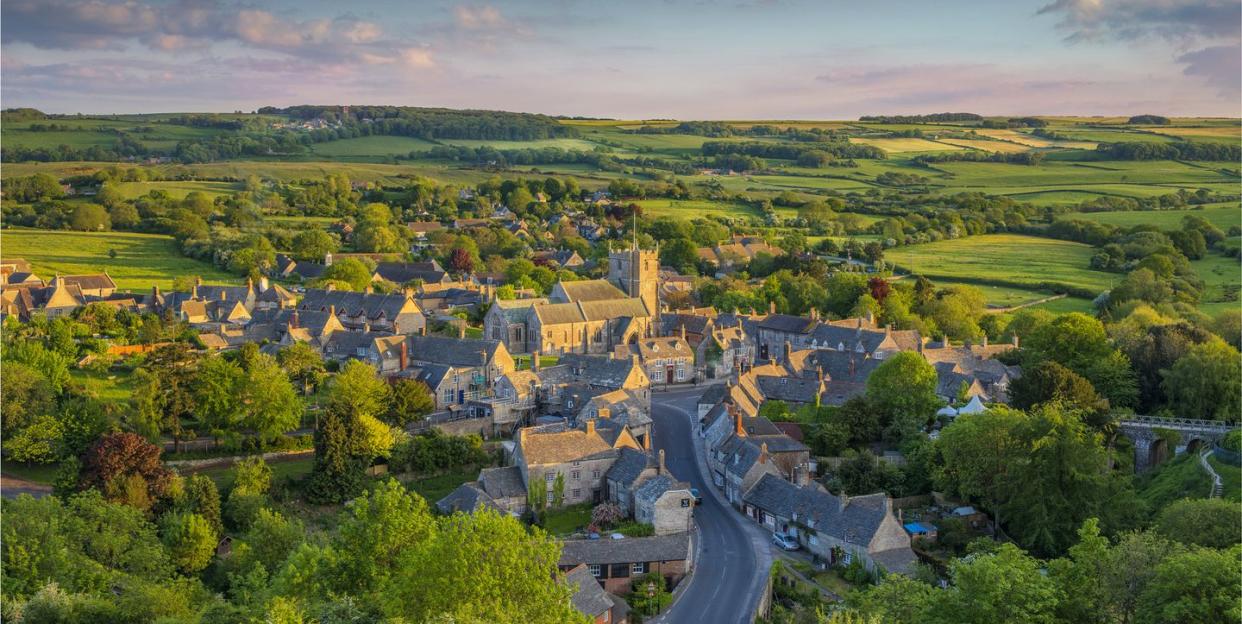
Need tips and advice on moving from the city to the countryside? With estate agents reporting a rise in buyers looking to swap urban sprawl for rural idyll, Sally Coulthard has the inside track for those hoping to follow the herd.
Country living is heaven. All the clichés are true. Bountiful fresh air. Unfettered access to nature. A slower, gentler pace. But taking a more balanced view of what rural life really means – like far-flung hospitals, for example – will not only help you survive the change but actively thrive, too.
I made the switch from town mouse to country mouse two decades ago after London wore me out, settling in the Vale of Pickering in North Yorkshire. The blissful isolation and lack of crowds have always been features of the countryside and now, with our faith in congested city living challenged by recent events, more and more people are considering a similar escape.
Estate agents reported a surge of 120% more people thinking about moving out of urban areas last summer compared with the year before, while almost a third of buyers in a survey by Rightmove said that the pandemic had made them want to live in a rural location. Some people found they could work just as effectively from home; others just wanted to up sticks and start a whole new chapter.
Rural living is different from city life and for just under half, the bucolic dream soon turns sour. About 40% of people who move to rural communities move back* to towns and cities, disappointed at the countryside’s inability to live up to expectations. Many of the ‘problems’ are about perception: one person’s peace and quiet is another’s deafening silence. That said, there are some core truths and joys about country living that most people only discover once they’ve made the move. Here are my tips…
1. Try before you buy
Unless you’re moving to an area you know inside out, spend at least six months renting a property to really understand a place before committing. A few miles either side of a postcode can affect broadband speeds, planning decisions, school catchment areas, which GP you’ll get, access to public transport and much more. Being a chain-free buyer will also give you the edge when you do find your dream home.
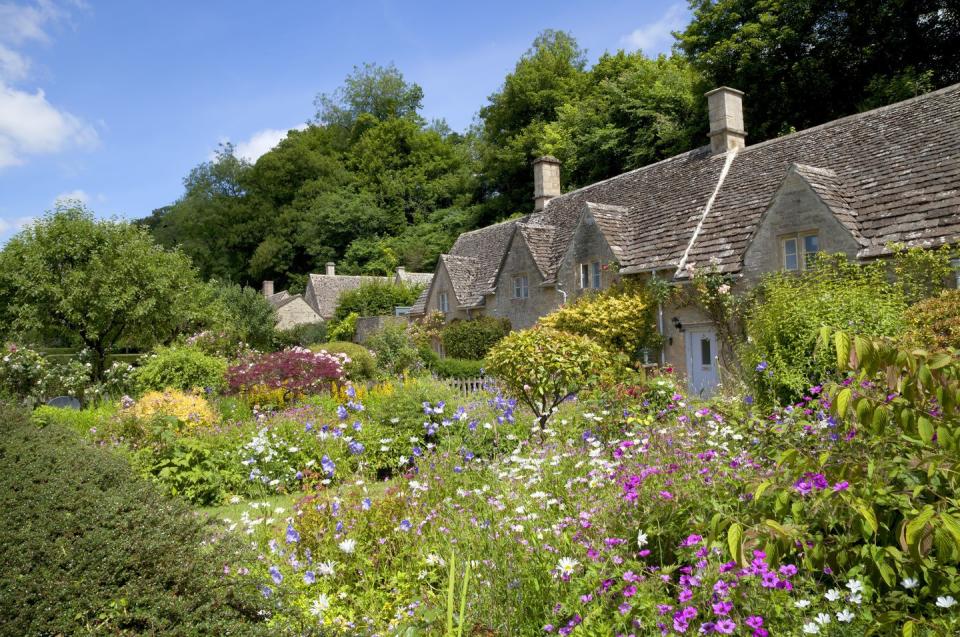
2. Be open to old ideas
If you’re used to liberal, urban-centred political discourse, rural views can be a surprise. Issues such as farming, Brexit, immigration, housing and hunting are some of the big items on the rural agenda and you may find yourself a lone voice in the crowd. Find some common ground. I’ve bonded with unlikely friends over issues such as sustainability, organic growing and protecting our rural heritage.
3. Be loyal to your local
Investigate local amenities when you’re house hunting. You could research a place online or, even better, ask locals when you visit (you will then see how friendly they might be). I’ve lost count of the times people talk about how sad it is that their village lost its pub but, more often than not, they didn’t frequent it. Churches, shops, hairdressers, post offices, cafés, bakeries, village schools and nurseries – they all need footfall. Out-of-town retail parks, online shopping, out-of-catchment schools, supermarkets – disconnected services lead to a disconnected community.
4. Make connections
Knowing who to ask if a sheep is in lamb or your septic tank blocks up on Christmas Day will be invaluable. Friendships in the countryside often come not from shared interests or cultural backgrounds, but from necessity. In my twenties, my friendships were socially narrow; in my forties, they’re as wonderfully varied as a harvest spread – and all the richer for it.
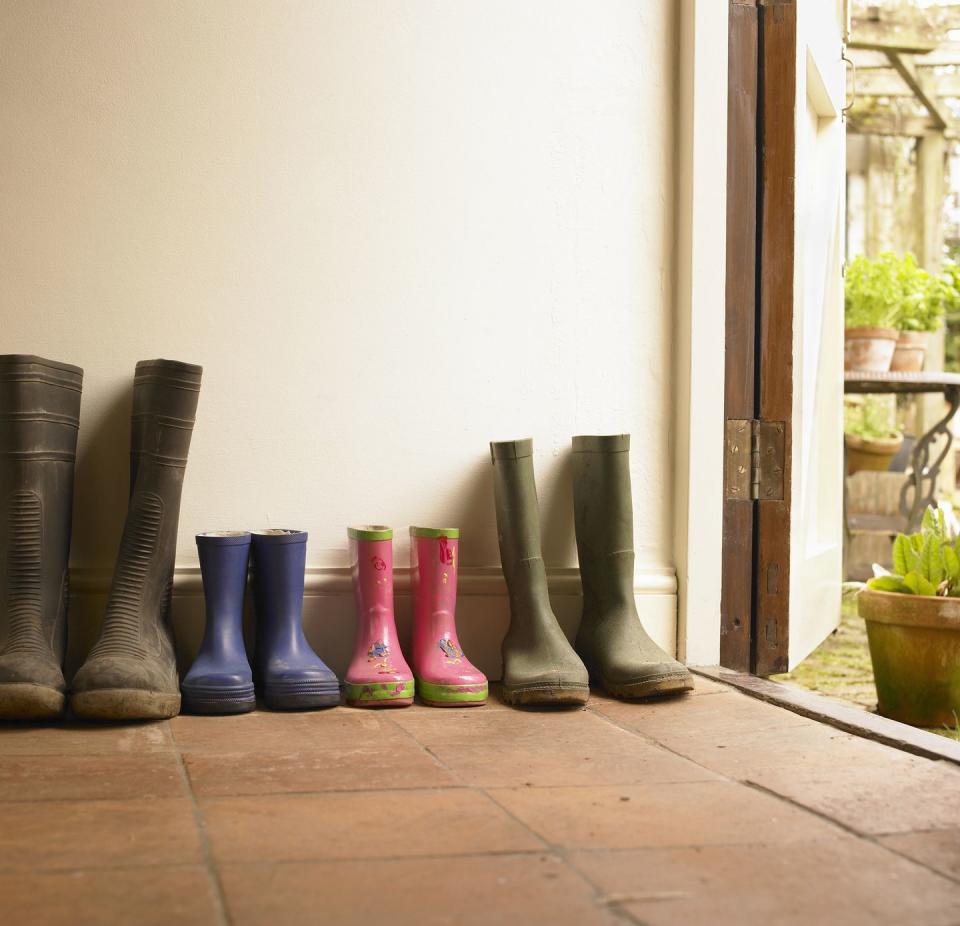
5. Get the garb
After years of rallying against looking like a catalogue for ‘countrywear’, I’ve realised why it pays to invest in a decent pair of wellies, warm socks and a wax jacket. For all their hunting-shooting-fishing connotations, country clothes are eminently suited to the task of keeping you warm and dry. Turns out my grandmother was right: there is no such thing as the wrong weather, just the wrong clothes.
6. Brace yourself
There’s an interesting dynamic when it comes to rural living and animals. Livestock, vermin, wild creatures – there can be a disconcerting lack of sentiment in the countryside’s relationship with all things great and small. You’ll also have to get used to seeing plenty of roadkill, butchers’ game, pheasant shoots and livestock in lorry transporters. It’s a practical, no-nonsense approach but can take some getting used to for animal lovers.
7. Get decent wheels
For all the eco-appeal of country living, car travel is a stark reality. Rural buses are the proverbial hen’s teeth and, in most places, cycling on country lanes is only for the fearless. Having a reliable car, which can cope with all-season travel, is essential. When we first moved here, I was caught out by snowdrifts and stranded at home with a baby and preschooler for a fortnight. Never again. I bought an old Land Rover and never looked back.
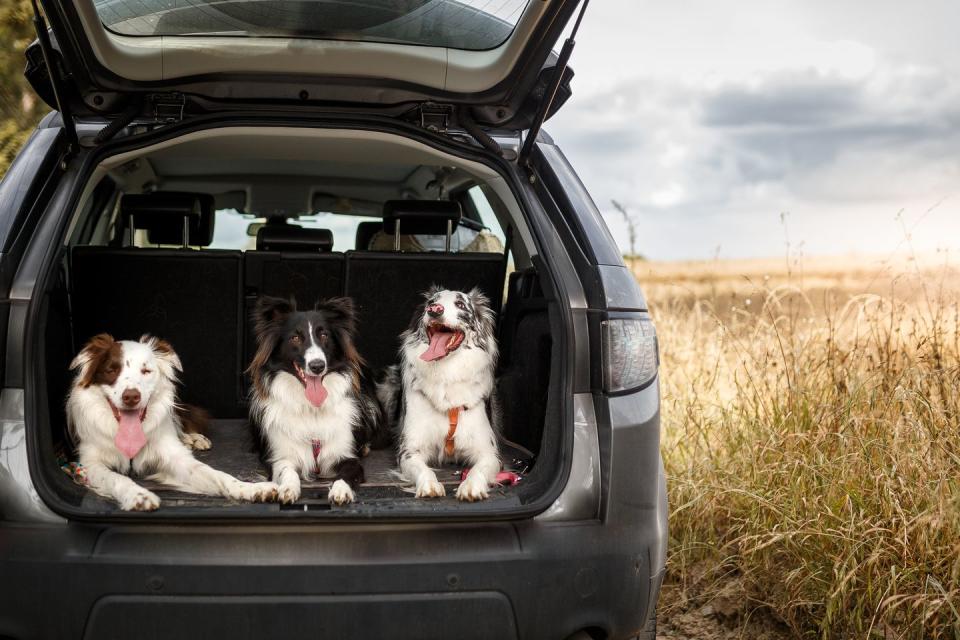
8. Don't kick up a stink
The countryside smells. Or, at least it can do. And it can be noisy. Many people imagine the countryside as an idyllic, preserved-in-aspic haven. The reality is that it’s a working environment with all the attendant issues. Farms can be as noisy as industrial units – the machinery, livestock, muck-spreading, grain processing and bonfires are all part of the deal. Our local farmer seems to like spreading his slurry just when I’ve lit the barbecue…
9. Be wary of buying land
Owning land means managing it. Walk-behind mowers are fine for anything under half an acre, but between half an acre and around five acres, you’re looking at ride-on mowers. More than five acres, you’ll need a tractor. If you plan to graze animals rather than mow, land also still needs harrowing, selective weeding and rolling. You can easily grow your own veg, plant a few fruit trees and keep a few chickens on a quarter of an acre.
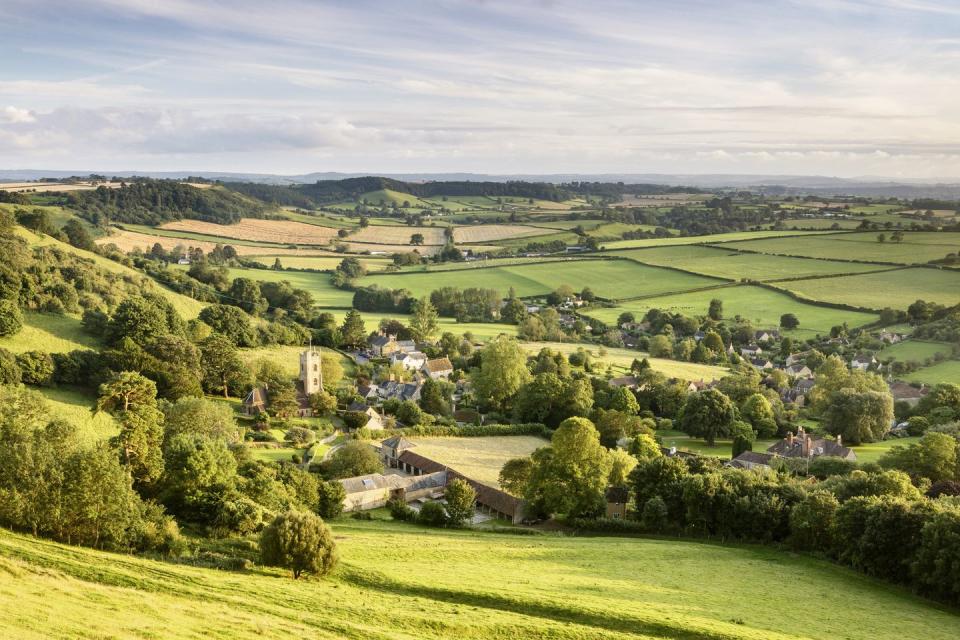
10. Go with the flow
It’s perhaps a truism that wherever we go, we can’t escape from ourselves. The countryside won’t bring inner peace, just outer peace. I spent the first six months after I moved to the country loving everything about rural life, the next six months pining for my old life, and now find myself tutting about tourists and incomers, while hugging myself at my good fortune. Country living is marvellous. Just don’t tell anyone else.
Looking for some positivity? get Country Living magazine posted through your letterbox every month. SUBSCRIBE NOW
Like this article? Sign up to our newsletter to get more articles like this delivered straight to your inbox.
You Might Also Like

